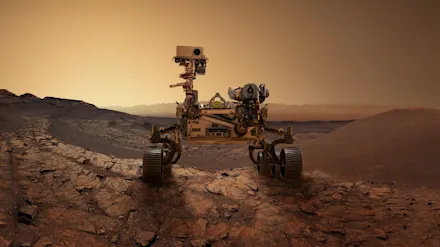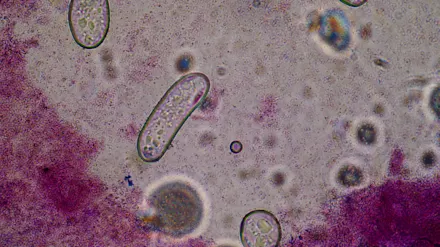
Featured news
One hour’s screen use after going to bed increases your risk of insomnia by 59%, scientists find
Using a screen in bed at night makes it much more likely you’ll sleep less and sleep badly — but social media use is no worse than any other form of screen use.



























